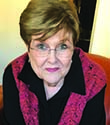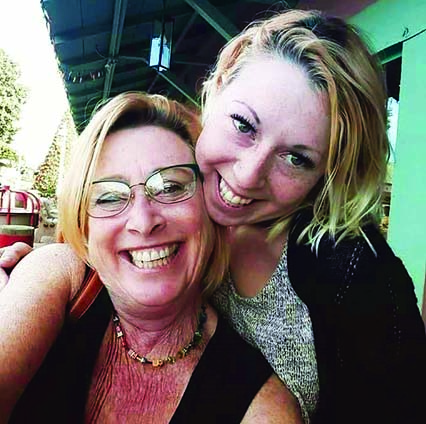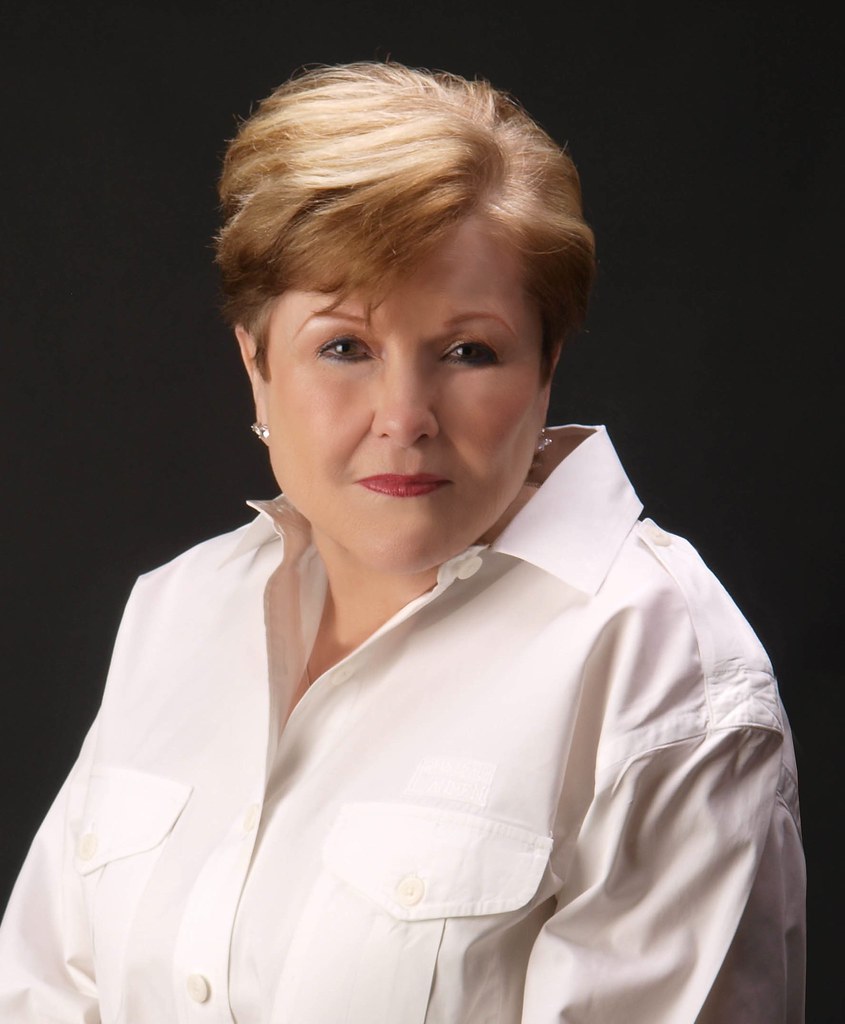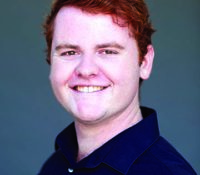By Dina Evan, PhD It’s National Recovery Month, and what I think of first is that every month ought to be named Your Recovery Month! National Recovery month begins...
By Dina Evan, PhD
It’s National Recovery Month, and what I think of first is that every month ought to be named Your Recovery Month! National Recovery month begins with the awareness that recovery for you, for those you love and for your community begins with you.
This morning I spent an entire session teaching a client the difference between self-love and selfish. Our community, in fact the world, appears very confused about this issue. One place for getting a bit of enlightenment is to imagine your child self, sitting beside you and you telling him or her “Forgive me kid, but I am going to make your life pretty miserable at times as you grow up because no one ever taught me what self-love looks like.” It’s true. We are taught selfishness.
This disease of selfishness has infected our politics, our commercialism, our health decisions and medical community, our addictions, our consumerism and on and on. We even label self-love as selfish, and we disrespect our own boundaries, or own bodies and values in order to prevent, or so we tell ourselves, hurting others. If we lived in a family where everyone was/is addicted to something, we no doubt worried about whether we would lose their love, or be judged if we gave up our own addictions. And sometimes, sadly, we did lose those we love.
Let’s get clear with a couple of definitions
Webster’s definition of selfish is a person, action, or motive lacking consideration for others; concerned chiefly with one’s own personal profit or pleasure.
The definition of self-love is regard for one’s own well-being and happiness (and my addition, boundaries). It is chiefly considered as a desirable, emotionally healthy rather than a narcissistic characteristic. In addition, the lack of self-love may be the first step toward alcoholism and self-love, the first step toward recovery. In other words, self-love is not selfish, it’s actually the very basis for and key to recovery!
So what does self-love consist of? First of all, it’s about the lack of judgment for one’s self. That means being mindful about your self-talk and the judgments we have for ourselves. For instance, all the negative stories we tell ourselves and others about who we are or have been. Owning our past also requires self-love and that means not being cruel, disparaging or unloving to our core self. The neuro-nets in our brain hang on to those messages and we treat ourselves harshly because of those messages. They become our reference point for how we see and treat ourselves.
Self-love is about being kind to ourselves
If you would not say the same things to a friend that you are saying to yourself, perhaps it’s time to check in on yourself-talk and change it. It is time to change that self-talk if your answer was no and, there is no perhaps to it.
Self-love is about respecting your own boundaries and the boundaries of others. It’s about understanding that you not only have the right in the past to have made mistakes and accept that you will make mistakes, including honest ones, in the future. Hopefully not the same mistakes, but mistakes, none the less. You also have the right to forgive yourself and others when it happens. Self-love is about compassion and the understanding that we are all works in progress.
Self-love is also about having a sense of our own humanity and the truth that no one is perfect and we are all still changing and evolving in our level of consciousness. In our entire life have you ever met a flawless, perfect human being? Criticism diminishes your spirit, it does not empower it. It’s not a helpful tool. The motivation to continue growth and positive change in your life comes from positive self-talk.
So this is a special month. And it’s the perfect month for celebrating your recovery. So sit down, imagine your child self-right beside you. Notice what he or she is wearing. Get a clear picture and lovingly say to him/her, “No worries honey. I have your back and mine. Thanks for forgiving me and let’s go celebrate National Recovery Month together” Then just breathe.
 Dr. Evan is a marriage, family, child therapist and consciousness counselor. She has presented nationwide seminars and workshops, written several books and created meditation CDs for couples, individual and mental health professionals. Visit drdinaevan.com or call 602-571-8228.
Dr. Evan is a marriage, family, child therapist and consciousness counselor. She has presented nationwide seminars and workshops, written several books and created meditation CDs for couples, individual and mental health professionals. Visit drdinaevan.com or call 602-571-8228.

































